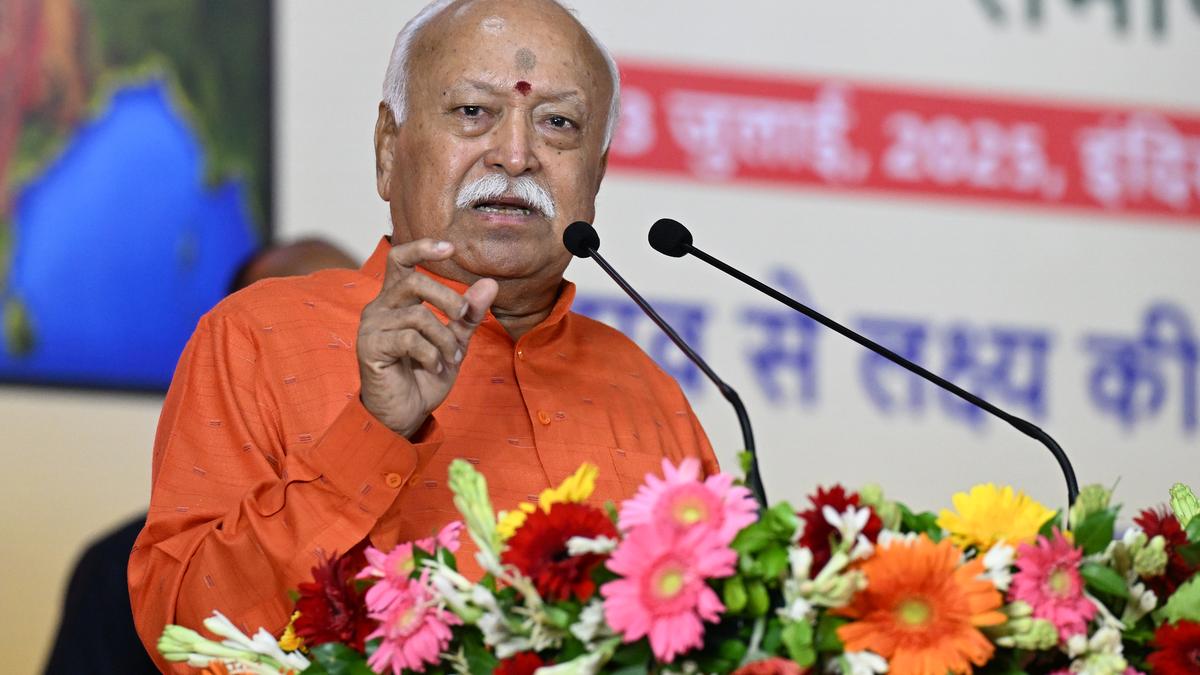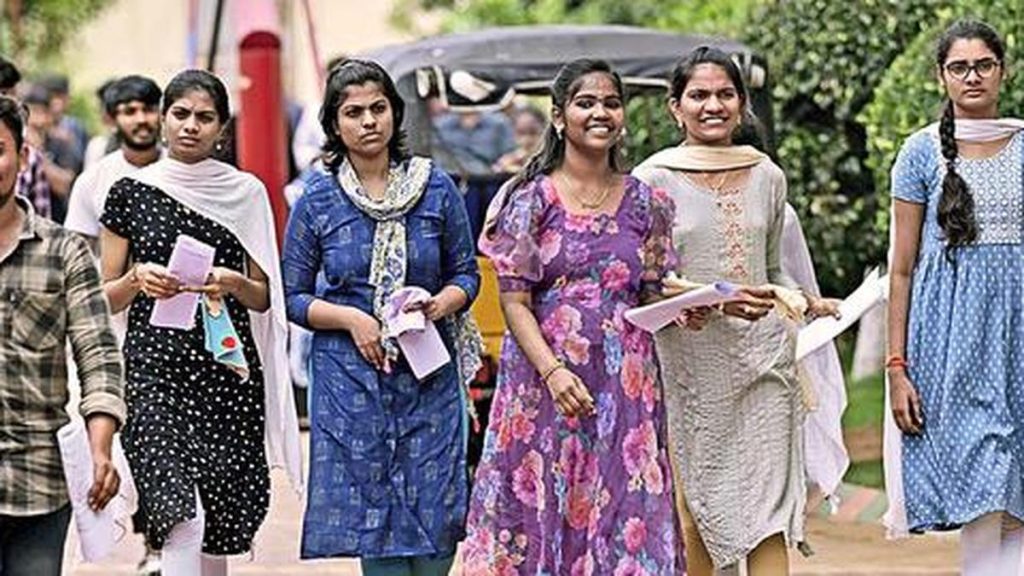Now Reading: Technological Transformation Poses Challenge to Balancing Labour, Industry, and National Interest: Mohan Bhagwat
-
01
Technological Transformation Poses Challenge to Balancing Labour, Industry, and National Interest: Mohan Bhagwat
Technological Transformation Poses Challenge to Balancing Labour, Industry, and National Interest: Mohan Bhagwat

Quick Summary
- RSS Chief Mohan Bhagwat:
– highlighted the challenge of integrating labor, industrial, and national interests amid technological transformations.
– Emphasized the need to assess the societal and labour market impacts of technology without compromising jobs.
– Stressed that achieving workforce equality requires moving beyond individual family interests.
– Urged a “mother-like empathy” approach towards workers and emphasized customizing technology to align with societal needs.
- Statements on Technology:
– Bhagwat discussed concerns like unemployment and dehumanization due to emerging technologies.
– Advocated for ensuring technology benefits all sections of society while preserving respect for labour.
- Union Labour Minister Mansukh Mandaviya:
– Praised BMS’s cultural,social principles,and its unity among workers.
– Commented on BMS’s effective representation at international platforms like the International Labour association (ILO).
- Bharatiya Mazdoor Sangh (BMS):
– celebrating its 70th anniversary; established in 1955 on the principles of nationalism, industrial interest, and labour welfare.
– Hailed as the world’s largest labour organization focused on constructive nation-building.
Indian Opinion Analysis
The remarks by RSS chief Mohan Bhagwat underscore a critical juncture for India where advancing technology must be balanced with workforce equity. His call for empathy alongside technological customization highlights a vision combining human-centric growth with innovation.The recognition of concerns such as potential unemployment or dehumanization reflects an acknowledgment of deep-rooted challenges posed by rapid digital shifts.
Bharatiya Mazdoor Sangh’s prominence as a global leader in worker representation complements this narrative by projecting India’s capacity for shaping inclusive discourse at international forums like ILO. The focus on harmony between nationalism, industry dynamics, and labour underlines India’s broader strategy to integrate tradition with modernity while preparing its workforce for future disruptions arising from automation or AI-driven systems.























